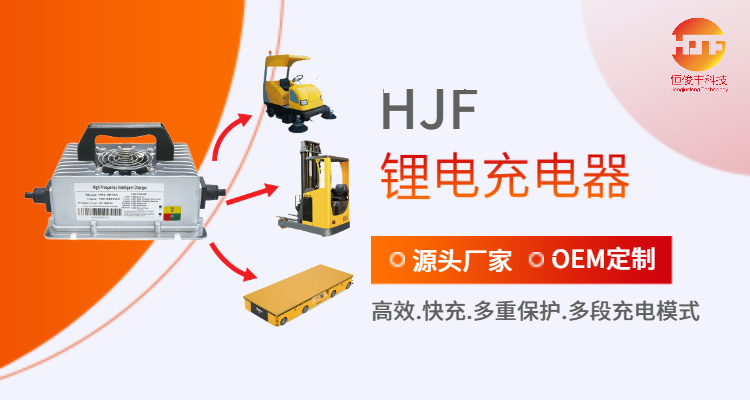How to Choose the Right Switching Power Supply Manufacturer

Selecting the right switching power supply manufacturer is a critical step in ensuring reliable and efficient power solutions for various electronic applications. With numerous manufacturers in the market, it's essential to consider several factors before making a decision. This article provides guidance on how to choose the most suitable switching power supply manufacturer for your specific needs.
1. **Reputation and Experience**:
The reputation and experience of a manufacturer are paramount. Look for a company with a proven track record in producing high-quality switching power supplies. Established manufacturers often have a history of successful products and satisfied customers.
2. **Certifications and Compliance**:
Verify if the manufacturer complies with industry standards and holds relevant certifications. ISO 9001 and ISO 14001 certifications, for example, are indicators of a manufacturer's commitment to quality management and environmental responsibility.
3. **Product Range and Specialization**:
Consider the range of products offered by the manufacturer. Some specialize in specific types of power supplies, such as AC-DC or DC-DC converters, while others may offer a broader selection. Choose a manufacturer whose product range aligns with your requirements.
4. **Customization and Flexibility**:
Assess the manufacturer's ability to provide customized solutions. This is especially important if your application has unique power requirements. A manufacturer that can adapt their products to meet specific needs adds significant value.
5. **Technical Support and Customer Service**:
Timely and reliable technical support is crucial, especially in the event of technical issues or inquiries. A manufacturer with excellent customer service ensures a smoother experience throughout the product lifecycle.
6. **Quality Control and Testing**:
Inquire about the manufacturer's quality control processes and testing procedures. A rigorous quality assurance program ensures that products meet or exceed specified performance and safety standards.
7. **Supply Chain and Lead Times**:
Consider the manufacturer's ability to manage their supply chain efficiently. Short lead times and reliable availability of products are crucial, especially for time-sensitive projects.
8. **Environmental Considerations**:
Sustainability is an increasingly important factor in supplier selection. Look for a manufacturer that demonstrates a commitment to environmentally responsible practices, such as using lead-free processes and recycling initiatives.
9. **Reviews and References**:
Seek out reviews, testimonials, or case studies from previous customers. This can provide valuable insights into the manufacturer's reputation, reliability, and customer satisfaction.
10. **Cost and Value**:
While cost is a significant factor, it should not be the sole consideration. Evaluate the overall value offered by the manufacturer, considering factors like product quality, warranty terms, and long-term reliability.


